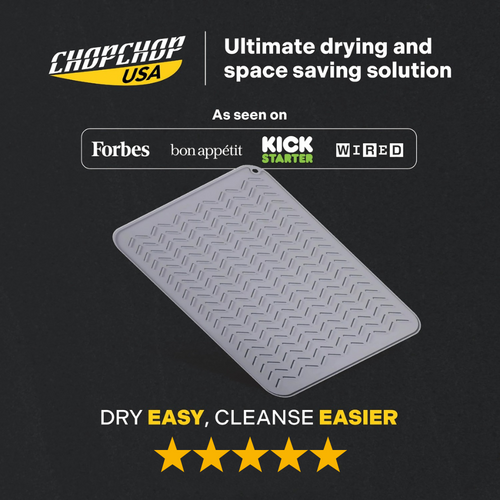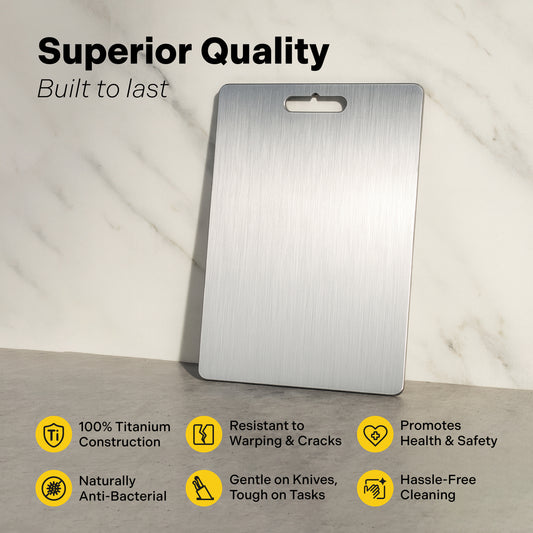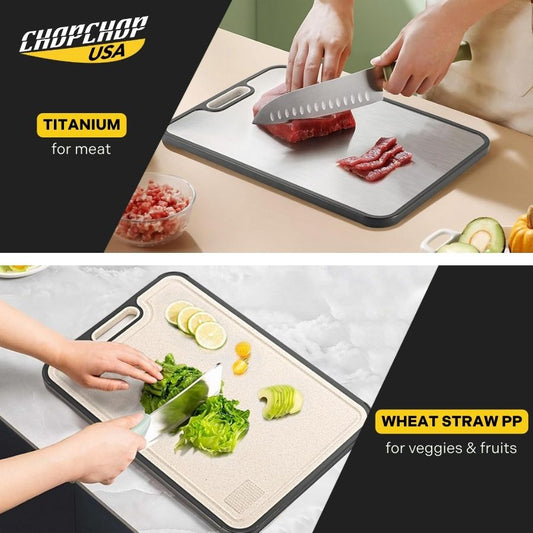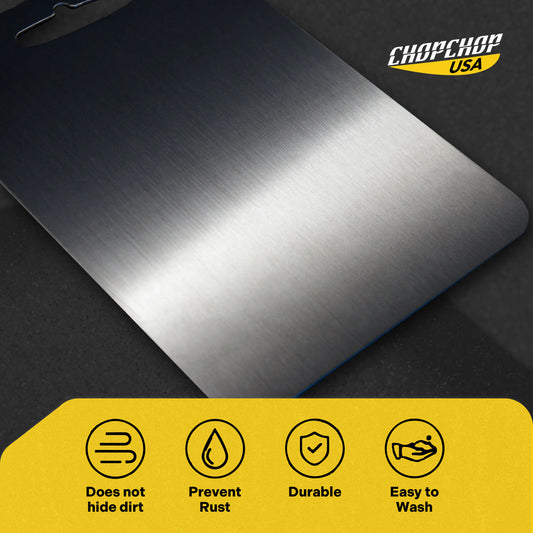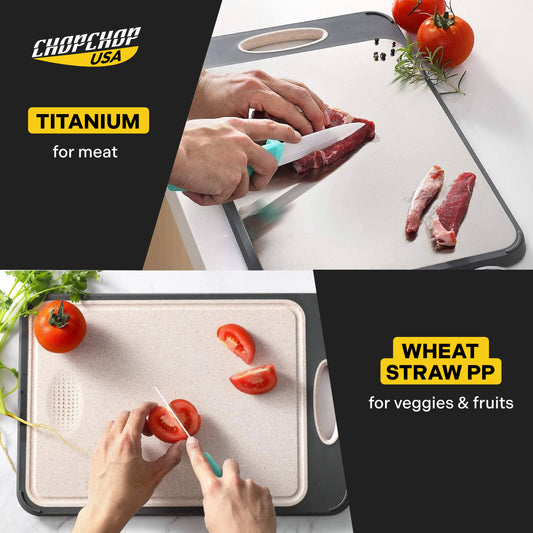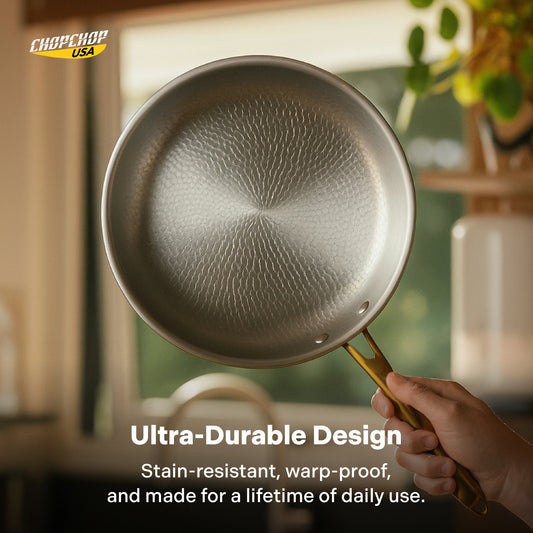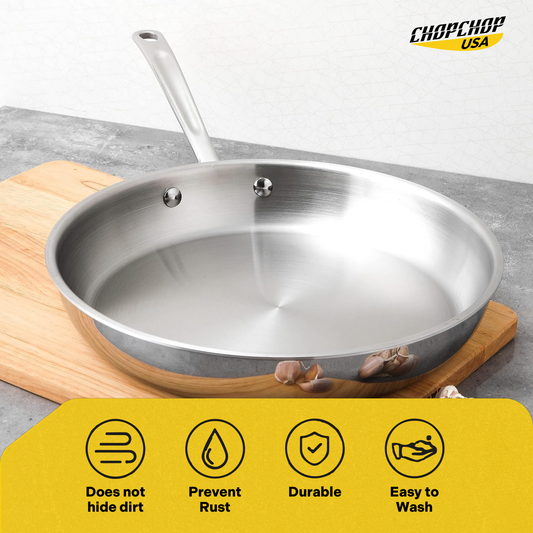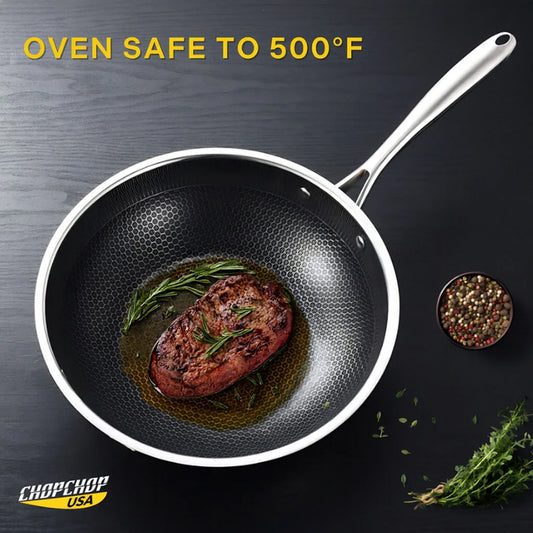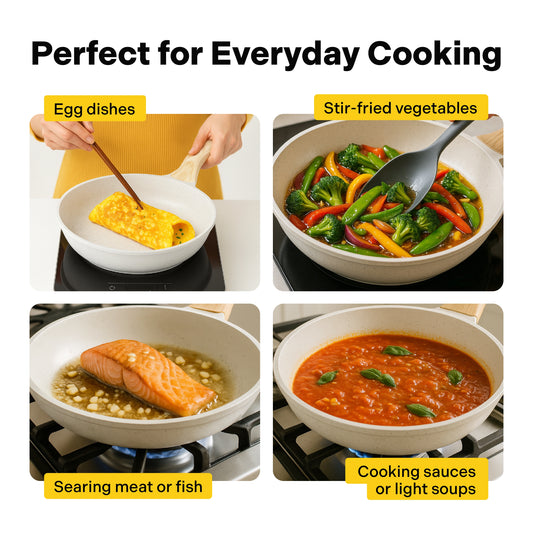Recent concerns have emerged about the safety of black plastic kitchen utensils, prompting a closer examination of their potential health risks. A study published in December 2024 by USA Today highlighted the presence of harmful chemicals in these commonly used tools. This revelation has sparked discussions among health experts and consumers alike.
Understanding the findings of this study is crucial for making informed decisions about kitchenware. In this article, we delve into the study's findings, the associated health risks, expert opinions, and practical tips for choosing safer alternatives for your kitchen.
What the Study Found
The study, conducted by USA Today in December 2024, examined black plastic kitchen utensils for hazardous chemicals. Researchers discovered that a significant portion of these utensils contained high levels of brominated flame retardants (BFRs), particularly decabromodiphenyl ether (deca-BDE), a toxic substance banned in electronics. These chemicals are commonly introduced into consumer products through the recycling of electronic waste.
The study tested 203 black plastic household items, finding that 85% contained detectable levels of BFRs. This raised concerns about the potential for these chemicals to leach into food during cooking, posing health risks to consumers.
Initially, the study suggested that the levels of exposure were dangerously close to safety limits. However, a subsequent analysis revealed a miscalculation, showing that the actual exposure was below the Environmental Protection Agency's (EPA) established safe threshold.
Despite this correction, experts continue to express concern about the presence of these chemicals in everyday kitchen utensils, particularly when considering the cumulative exposure from various sources.
What Experts Say
Health experts have expressed concern over the findings of the study on black plastic kitchen utensils. While some argue that the miscalculation in the initial study reduced the perceived risk, many experts emphasize that the presence of toxic chemicals in these utensils remains a significant issue.
Dr. Tracey Woodruff, a professor at the University of California, San Francisco, and an expert in environmental health, notes that even low levels of exposure to brominated flame retardants can have cumulative effects on human health. She advises consumers to avoid products containing these chemicals, particularly those that come into direct contact with food.
The Environmental Protection Agency (EPA) has established safety thresholds for various chemicals, including BFRs. However, experts argue that these limits do not account for the combined exposure from multiple sources, which can lead to significant health risks over time.
Furthermore, the recycling of electronic waste into consumer products has been identified as a major pathway for the introduction of these harmful chemicals into everyday items. This practice underscores the need for stricter regulations and better oversight in the recycling industry to prevent the contamination of consumer goods.
In light of these concerns, experts recommend opting for kitchen utensils made from safer materials, such as stainless steel, bamboo, or BPA-free silicone, to reduce exposure to harmful chemicals and promote overall health.
Source: Health, SimplyRecipes, TheGuardian
How To Protect Your Health?

To minimize exposure to harmful chemicals from kitchen utensils, consider the following tips when selecting safer alternatives:
Choose Non-Toxic Materials

Opt for utensils made from materials that are free from harmful chemicals. BPA-free silicone, stainless steel, titanium and bamboo are excellent choices. These materials are durable, safe for food contact, and free from potentially harmful chemicals commonly found in plastic utensils.
Avoid Black Plastic Utensils

Given the potential for contamination with brominated flame retardants, steer clear of black plastic kitchen tools. These chemicals are often used in the manufacturing process of black plastics and can be harmful to health over time, especially when exposed to heat.
See more: What Are The Best Kitchen Utensils: Titanium, Stainless Steel, Wood, Bamboo Or Silicone?
Prioritize Durability

Invest in high-quality utensils that are durable and long-lasting. Stainless steel or bamboo utensils tend to be more reliable and resilient compared to their plastic counterparts. Investing in durable items reduces the need for frequent replacements and helps reduce waste.
Regularly Inspect Utensils

Check your kitchen tools regularly for signs of wear and tear. Over time, utensils can degrade, especially plastic ones. If you notice any cracks, chips, or fading colors, it’s time to replace them. Damaged utensils can release harmful chemicals into food when used.
Support Brands with Transparent Practices

Choose brands that are committed to sustainability and transparency in their manufacturing processes. Companies that provide information about sourcing, materials, and manufacturing processes help you make more informed, safe choices for your kitchen.
One such brand is ChopChop USA, which offers a range of kitchen utensils made from non-toxic materials. Their products, including the best titanium cutting board, stainless steel cutting board, and other innovative tools, are designed with both safety and functionality in mind.
ChopChop USA’s titanium products are particularly known for their strength, durability, and resistance to corrosion, making them an ideal choice for those looking for long-lasting kitchen tools. Stainless steel utensils, also featured in ChopChop USA’s collection, are highly resistant to rust and are completely safe for food contact.
By choosing products from ChopChop USA, consumers can enjoy the benefits of high-quality, non-toxic kitchen utensils that not only protect their health but also improve the functionality and efficiency of their kitchens. These materials are free from harmful chemicals, ensuring that your cooking environment remains safe, hygienic, and reliable for everyday use.
Conclusion
The recent study on black plastic kitchen utensils has highlighted the presence of hazardous chemicals, particularly brominated flame retardants (BFRs), which raise valid concerns about their potential health risks. While the exposure levels were later determined to be below the Environmental Protection Agency's safety limits, experts remain cautious about the cumulative impact of these chemicals over time. Given the widespread use of plastic utensils, it is crucial for consumers to be aware of the materials they use in their kitchens and opt for safer, non-toxic alternatives.
ChopChop USA offers high-quality, non-toxic kitchen utensils made from titanium and stainless steel—materials known for their durability, corrosion resistance, and food safety. These tools help create a safer, more efficient, and healthier cooking environment.
For more amazing recipes, follow me on Facebook and Instagram! If you have any questions about ChopChop USA's products or promotions, please feel free to contact us at support@chopchopusa.com. Our dedicated team is available 24/7 and always happy to assist you.
FAQs
1. Are plastic kitchen utensils safe to use?
Plastic kitchen utensils, especially those made from black plastic, may contain harmful chemicals like brominated flame retardants. These chemicals can potentially leach into food during cooking. It is recommended to choose utensils made from BPA-free silicone, stainless steel, or bamboo for safer alternatives.
See more: Are Plastic Cutting Boards Safe?
2. What are brominated flame retardants (BFRs)?
Brominated flame retardants (BFRs) are chemicals used to reduce the flammability of materials. However, they can be toxic and have been linked to health risks, including hormone disruption and developmental issues. These chemicals are commonly found in black plastic items, such as kitchen utensils.
3. How can I minimize my exposure to harmful chemicals in kitchen utensils?
To reduce exposure to harmful chemicals, choose kitchen utensils made from non-toxic materials like BPA-free silicone, stainless steel, or bamboo. Avoid black plastic items, look for food-safe certifications, and regularly inspect your utensils for damage or wear.
4. What should I do if I already have black plastic utensils at home?
If you already own black plastic kitchen utensils, it’s a good idea to replace them with safer alternatives made from materials like stainless steel, bamboo, or BPA-free silicone. Regularly check your utensils for any signs of wear or damage, which can lead to chemical leaching.
5. Are there any brands that offer safer kitchen utensils?
Yes, brands like ChopChop USA offer a range of kitchen utensils made from non-toxic, BPA-free materials. These brands prioritize safety, functionality, and transparency in their products, helping consumers make informed choices about their kitchen tools.


